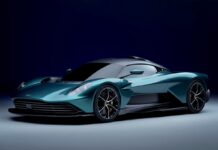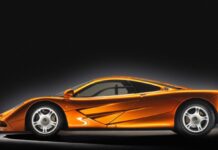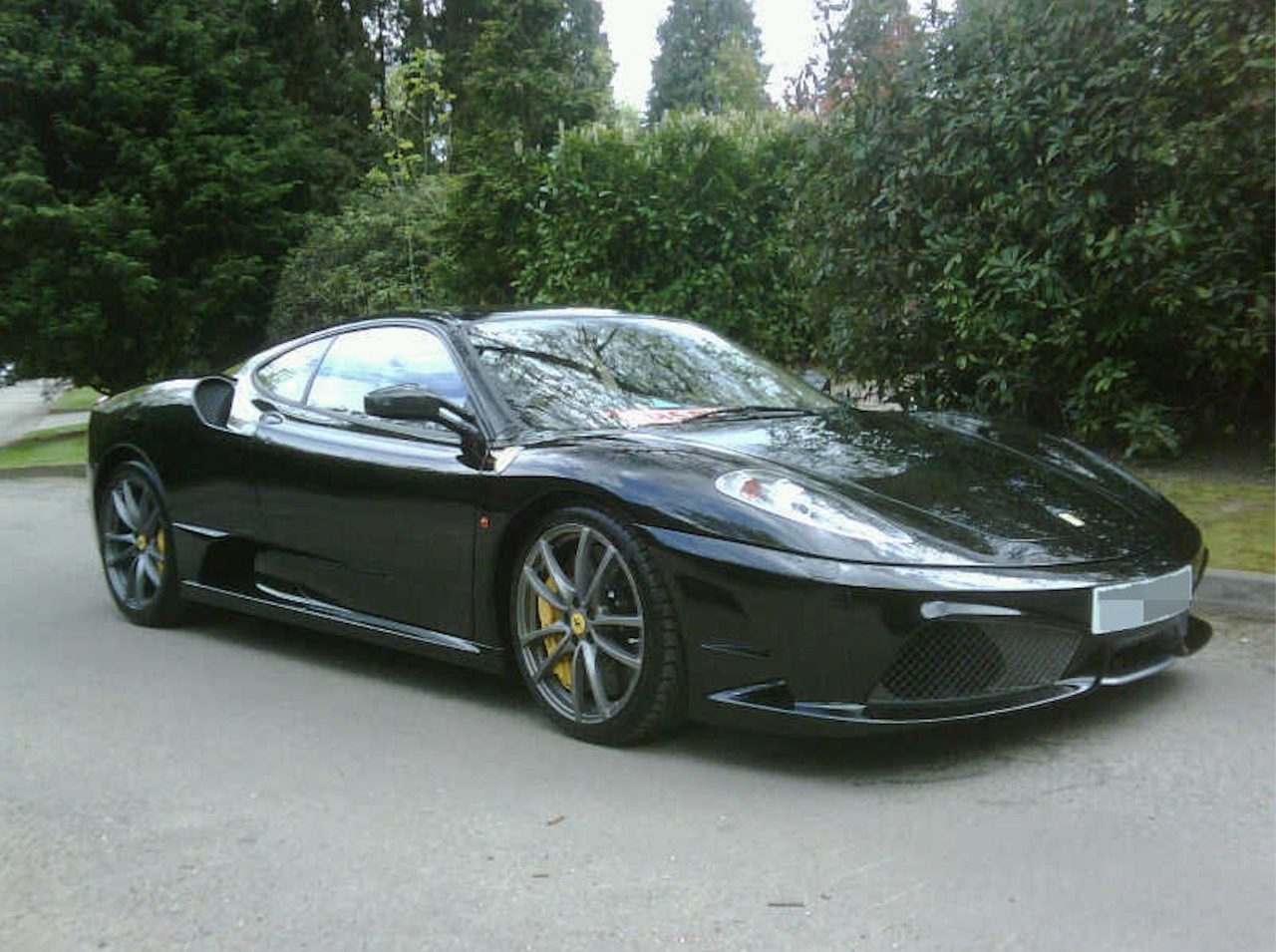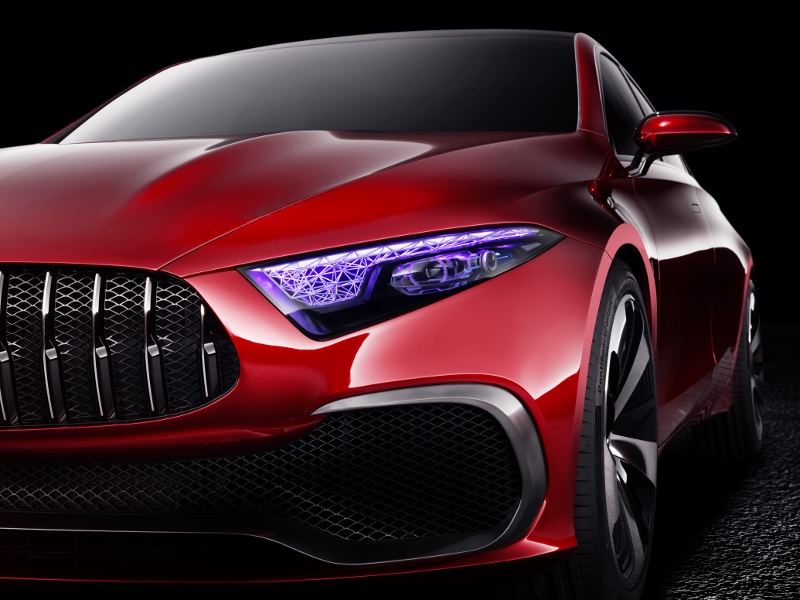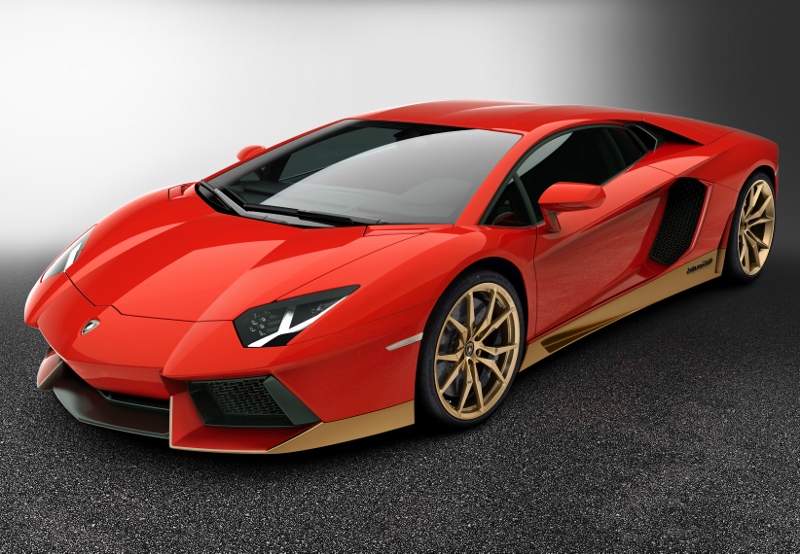
During a special celebration in Tokyo, Ferrari pulled the covers off a new limited-run supercar, to commemorate 50 years of the manufacturer in Japan.
The Ferrari J50, unveiled at the National Art Center, is powered by a 3.9-litre V8 that produces 681bhp – 20bhp more than that of the 3.9-litre V8 fitted to the 488 Spider.
With a two-seat, mid-engine targa body style, the J50 harks back to famous Ferrari models of the 1970s and ‘80s. It was designed by the Ferrari Styling Centre team in Maranello and built by the Italian manufacturer’s Special Projects department.
Each of the 10 J50s will be tailored specifically to the individual customer’s specification, in the spirit of Ferrari’s “Fuori Serie” tradition.
Ferrari has said that the all-new bodywork heralds a radically futuristic design language with a unique personality that appeals to a clientele that desires the pinnacle of innovative styling.
A company says: “The design approach was led by the desire to create a very low-slung roadster, encapsulating intrinsic Ferrari values of nimbleness and agility.
“To achieve this, a strong dynamic was imprinted on the flank of the car by the converging interplay between two main guiding lines: the slanted top edge of the side window, continuous with the windscreen, and the raked black swage line which dramatically rises from the low-set nose until it vanishes in the air intake aft of the doors.”

A “helmet visor” effect that starts from the window graphic is a reference to Ferrari’s open-top competition barchettas that date as far back as the 1950s.
The black dividing line that runs down the J50’s flank, meanwhile, is a modern interpretation of a styling cue seen on famous models such as the GTO, F40 and F50.
Ferrari has improved the J50’s aerodynamic capabilities through a number of tweaks. The radiators have been brought closer together, while the front bumper has been completely redesigned. A lower windscreen header rail allows greater airflow over the aero foil, which in turn provides greater airflow over the rear spoiler.
The J50’s engine is framed by a polycarbonate cover that is shaped to provide a visual extension of the two roll hoops, while a transverse aero foil bridges the roll hoops as a nod to one of the most distinctive features of Ferrari sports prototypes from the 1960s.
A quad tail light layout lends the rear of the car an aggressive image and also widens the J50’s visual appearance under the high downforce wing profile.
The shape of the extractor on the rear diffuser is inspired by jet engine afterburners. This, combined with 20-inch forged wheels, lends the J50 an imposing stance on the road.
The cabin features sports seats that echo the design of the rear bonnet contour, while the carbon-fibre targa roof divides into two pieces that can be stored behind each of the seats.
No price has been announced for the J50, but it is likely that Ferrari will only offer those who already have a number of Ferraris in their personal collection the chance to buy one of the 10 examples of the car.


